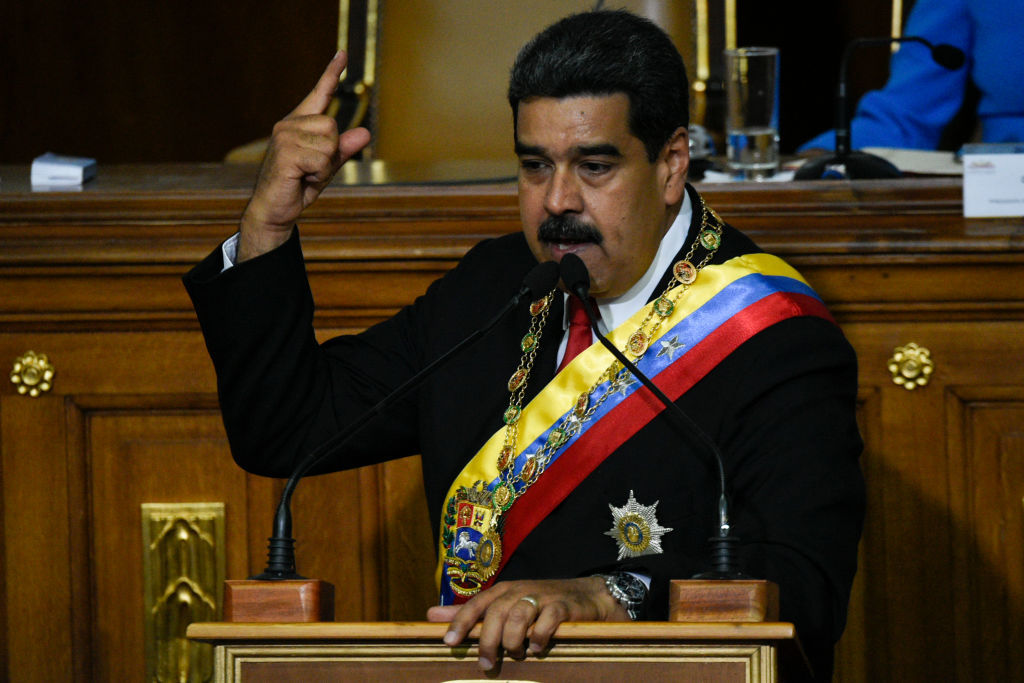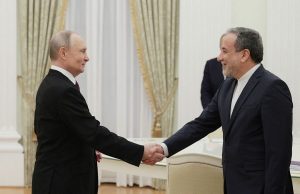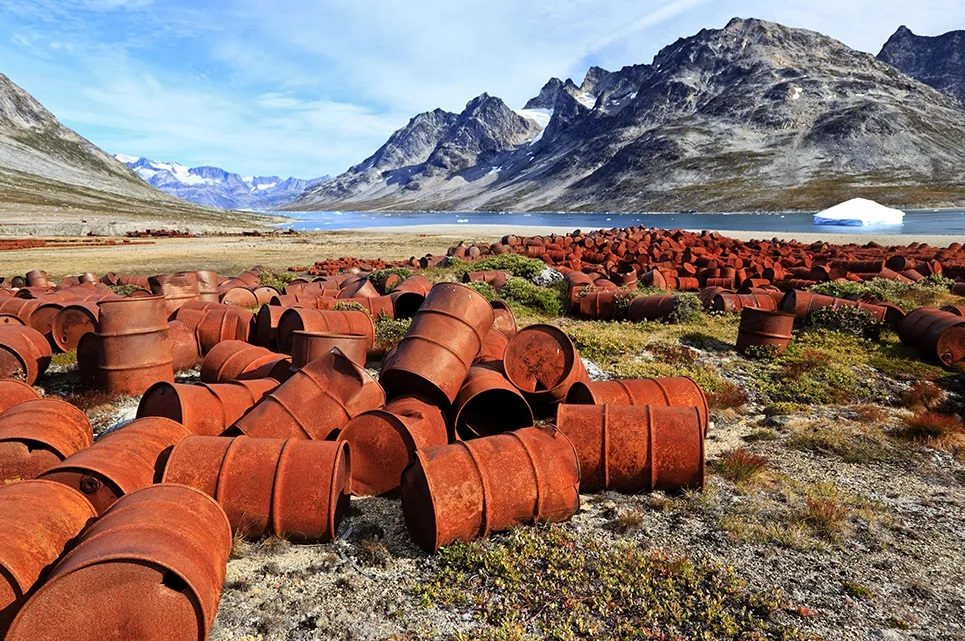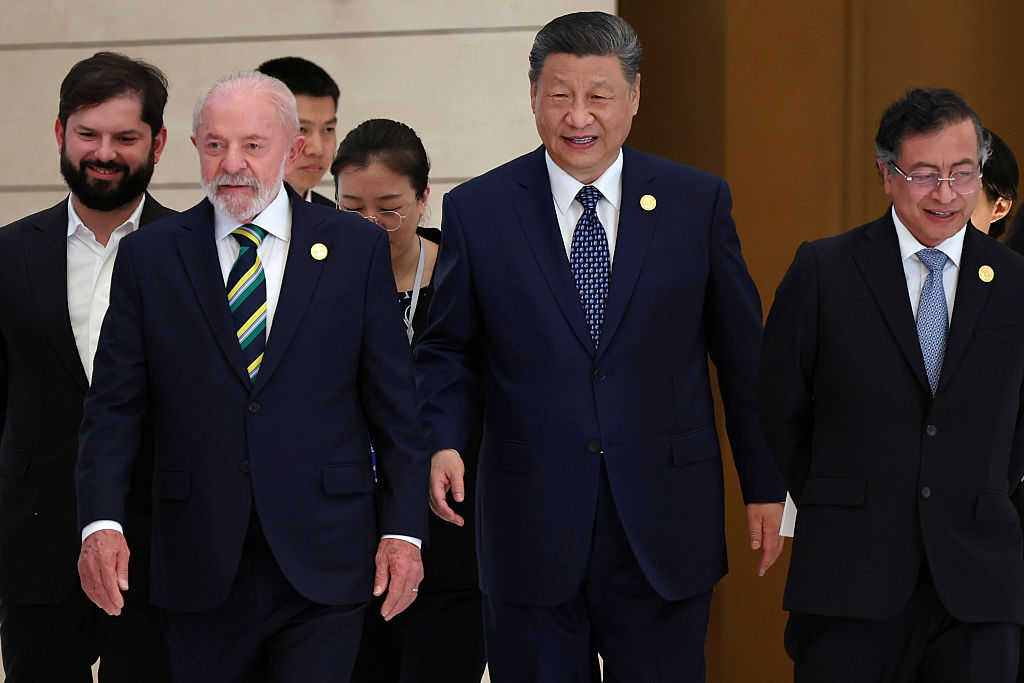Eight years ago in Guyana, an Idaho-sized country on the northern coast of South America, ExxonMobil discovered massive oil reserves. So massive, that it’s speculated that the tiny nation, which is one of the least densely populated countries on the planet, could become the richest country per capita.
Estimates indicate that Guyana has around 11 billion barrels of oil equivalent, boosting the nation to the third position in terms of proven oil reserves in the region. To contextualize the enormity of these discoveries, consider that the tiny nation has almost five times more proven oil reserves than Argentina, a country thirteen times larger by land mass. Only Brazil, the fifth largest country, and Venezuela, the country with the largest proven oil reserves, surpass Guyana.
The State Department now finds an alternative to deal with on oil to Venezuela; after all, the US remains Guyana’s largest trading partner. But with opportunity comes discontent; not just from environmentalists, but primarily from Guyana’s problematic neighbor, which has had a territorial dispute with the former British territory since 1897.
With the resource wealth Guyana now boasts, Nicolas Maduro’s Venezuela has brought back the dispute that his predecessor had previously undercut. A referendum on whether the territory is Venezuelan land will be held on December 3 of this year. This Tuesday, Guyana urged judges at the International Court of Justice to call for a halt of the referendum that puts the state’s sovereignty in doubt, which it labeled an “existential threat” designed to pave the way for annexation.
The Esequibo, as Venezuelans call it, is an area that extends into more than two-thirds of now Guyanese territory. For generations, filled by diagonal lines, Venezuelan maps have had the Esequibo labeled as “Zona en Reclamación” (area under claim). Tensions between Guyana and Venezuela fluctuated throughout the years, but with the rise of Hugo Chàvez, the cause for reclaiming the Esequibo took the back seat, as the late president laid down a global strategy that prioritized support from hemispheric organizations.
“The Venezuelan government will not be an obstacle to any project to be conducted in Esequibo, and whose purpose is to benefit the inhabitants of the area,” Chávez said during his official visit to Guyana in 2004. “The issue of Esequibo will be eliminated from the framework of the social, political and economic relations of the two countries.”
To this day, Chàvez’s diplomatic moves are used by the Guyanese government to claim that Venezuela acquiesced to the tiny nation’s sovereignty, complicating the pursuit of Venezuela’s reilluminated interests in the area.
Before Chàvez, in 1970, Guyana and Venezuela had signed the Port of Spain Protocol, freezing talks regarding the territorial dispute for twelve years. By the end of this period, though, Venezuela resumed its storied diplomatic offensive. But as Chávez sought stronger bonds with members of the Community of the Caribbean (CARICOM) and the Bolivarian Alliance for the Peoples of Our America (ALBA), he softened Venezuela’s position.
Whether what Chávez said constitutes precedent or not, one thing is certain: the Esequibo has never been more relevant.


























Leave a Reply